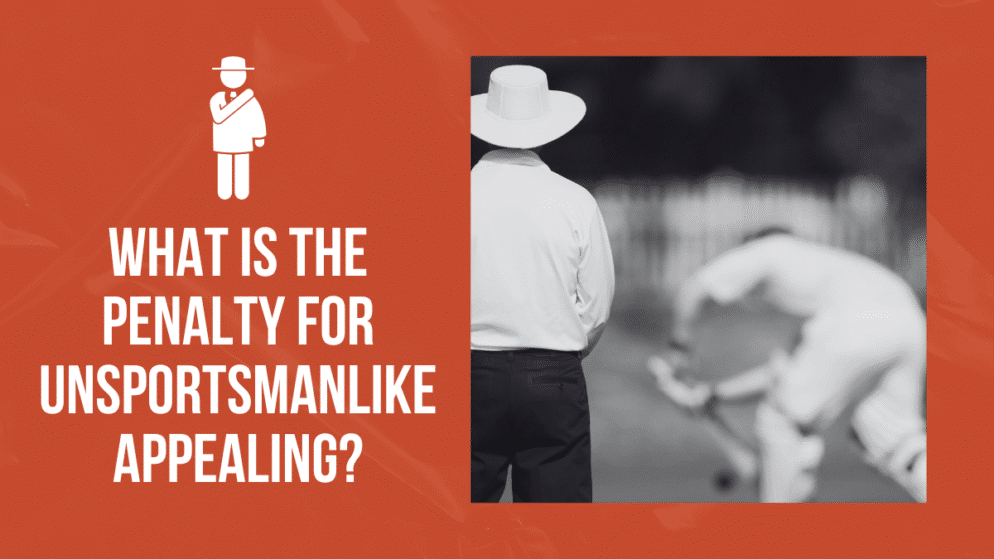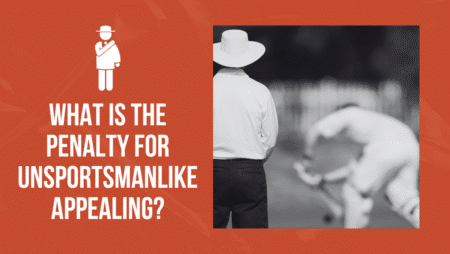

The Marylebone Cricket Club is known for drafting the Laws of Cricket. It encapsulates the spirit of the game, and the regulations defined by these laws dictate the decorum of a cricket match. The MCC’s Laws of Cricket has a specific law that details the rules of how players must conduct themselves on the field. We pick the happenstance of unsportsmanlike appealing during a match and discuss what the laws state.
To deem a batter out, the umpire’s decision acts as the final verdict. However, before the umpires make a decision, it is mandatory for the fielding side to make an appeal to the umpire, before they give their final verdict. Such appeals are not mandatory for obvious dismissals that are evidently caught out of bowled due to the balls dislodging the bails of the stumps.
The appeal made by the fielding side, most often by the bowler and the wicketkeeper are yelled by saying “How’s that?”, often heard as “Howzat?”. At times, players tend to appeal to the umpires more often than required, especially when the batter is evidently not out.
Law 42 of the Laws of Cricket by Marylebone Cricket Club suggests that an unsportsmanlike appeal is one where a player appeals excessively, appeals that intimidate the umpires, or appeals that are made despite knowing that the batter is not out. An unsportsmanlike appeal is a Level 1 offence as the per the regulations.
The repercussions of a Level 1 offence is such, that the fielding captain is first notified of the breach of this law. Should this offence be repeated after the warning, then the opposition is awarded five penalty runs.
While an unsportsmanlike appeal is a taint on the fielding fide, it is a test for the umpires to remain steadfast, without being lured by the excessive appeals of the fielding side.








